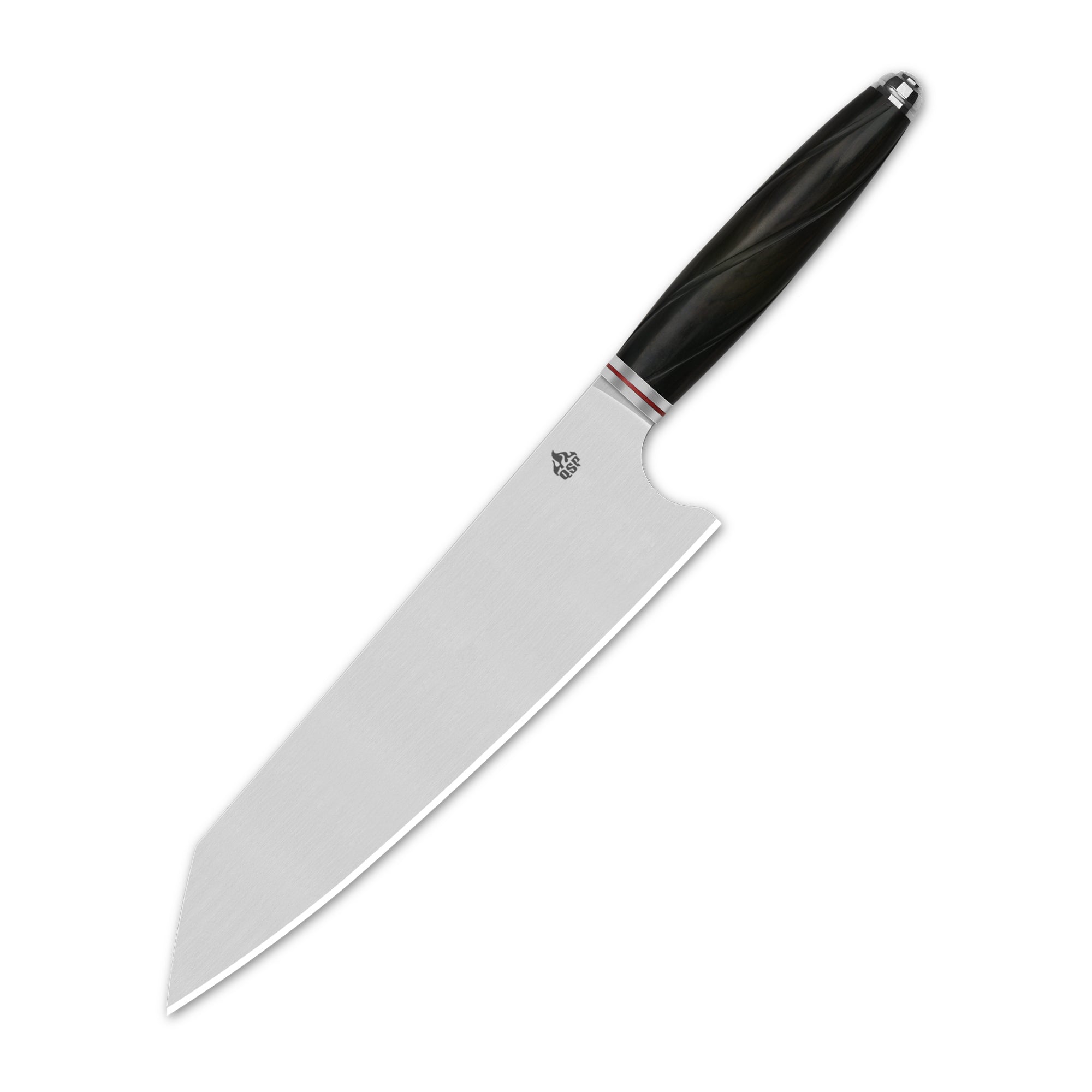When it comes to kitchen tools, a paring knife is an essential item that can make food preparation a breeze. However, to ensure that your paring knife remains sharp and efficient, proper care and maintenance are crucial. In this article, we will delve into the best practices for keeping your paring knife in top condition.

Cleaning Your Paring Knife
One of the most important aspects of maintaining your paring knife is keeping it clean. After each use, make sure to wash the knife with warm, soapy water and dry it thoroughly with a clean towel. Avoid putting your paring knife in the dishwasher, as the harsh detergents and high heat can damage the blade. Additionally, be sure to wipe down the blade after cutting acidic foods like citrus fruits to prevent corrosion.
Sharpening Your Paring Knife
Regular sharpening is key to keeping your paring knife performing at its best. You can use a sharpening stone or a honing rod to sharpen the blade. Hold the knife at a 20-degree angle and run it along the sharpening tool in smooth, even strokes. Remember to sharpen both sides of the blade evenly to maintain its balance. A sharp paring knife not only makes cutting easier but also reduces the risk of accidents due to slippage.
Storing Your Paring Knife
Proper storage is essential to prevent your paring knife from getting damaged or causing harm. Avoid tossing your knife in a drawer where it can bump against other utensils and become dull. Instead, consider using a knife block, magnetic strip, or blade guard to protect the blade. Make sure the knife is completely dry before storing it to prevent rusting. By storing your paring knife correctly, you can prolong its lifespan and keep it in optimal condition.
Handling Your Paring Knife with Care
While paring knives are versatile tools, they are not designed for heavy-duty tasks like chopping bones or frozen foods. Use your paring knife for delicate tasks such as peeling, trimming, and slicing fruits and vegetables. Avoid twisting the blade or prying open containers with your knife, as this can damage the edge. By using your paring knife for its intended purposes and handling it with care, you can prevent premature dulling and maintain its sharpness for longer.
In conclusion, caring for and maintaining your paring knife is essential to ensure its longevity and performance in the kitchen. By following these tips on cleaning, sharpening, storing, and handling your knife, you can enjoy the benefits of a sharp and efficient paring knife for years to come. Remember, a well-maintained paring knife is not only a joy to use but also a safer tool in the kitchen. So, take the time to give your paring knife the care it deserves, and it will repay you with precision cutting and effortless food preparation.








